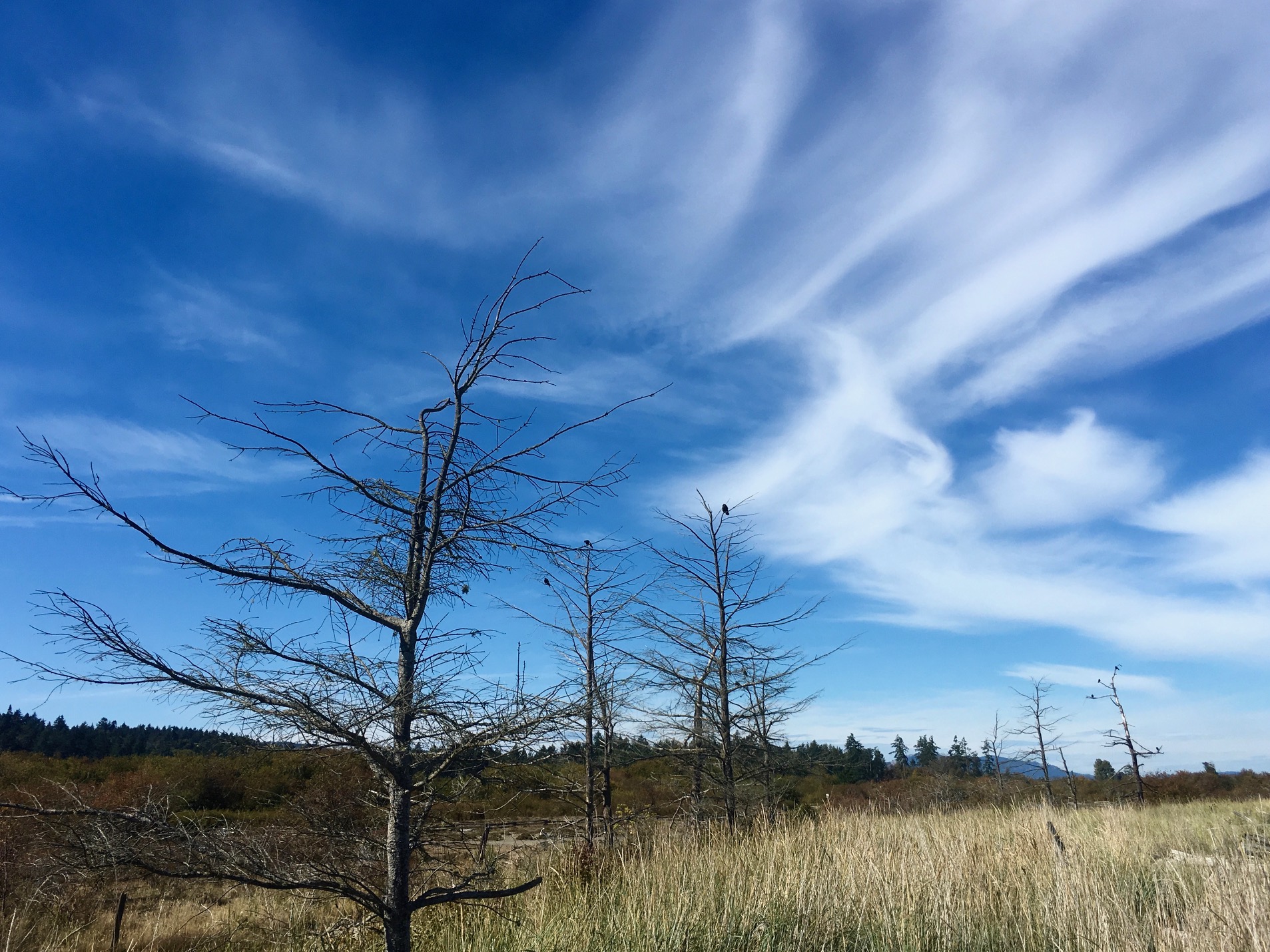A team of researchers at Simon Fraser University says the province needs to be better prepared for the impact of climate change on public health.
The Pacific Institute for Climate Solutions team studied a range of events that are being felt as the result of global warming, from extreme weather events to severe wildfires.
The paper was created by studying peer-reviewed and grey literature to better understand the complex relationship between changing climate, health, and the public health care system.
It recommends new strategies be developed around telemedicine, increased green space and protection of the environment, and ensuring food security.
One of the co-authors is SFU Health Sciences Professor Tim Takaro, who says climate change “is a risk multiplier” and people stressed by “low income, inaccessibility to healthy foods, water, some of the very basics, and clean air” will face even greater stress.
Takaro says additional resilience will also be needed for community water systems.
He says they studied three Lower Mainland water reservoirs and found “extreme rain events, that we certainly experienced this past winter, are a risk for gastrointestinal illness” even in urban areas with high-quality water systems are not immune.
“When it rains really hard, especially after a dry period, people get waterborne illness.”
Takaro says small rural, isolated, and Indigenous communities are at particular risk in their water systems, which may not be state of the art.
Another concern is our air quality and Takaro says the report underscores the urgent need for dramatic greenhouse gas reductions.
He warns that the province cannot support more infrastructure to burn fossil fuels while saying it’s committed to transitioning to green energy.
“They are pretending that CleanBC and expanding liquid natural gas industry are consistent, and you can’t build a whole new infrastructure to burn fossil fuel in the future.”
He warns that the six-hundred deaths BC experienced during last year’s heat dome is only the beginning.
Takaro says climate change poses “direct, indirect, and intersecting threats to human health” and will worsen existing health and social inequalities.
The report says new strategies for telemedicine would create consistency and standards across the province and expand health care in an equitable and sustainable manner.
It recommends a greater emphasis on more parks and pristine outdoor settings for health and wellness, reducing exposure to extreme heat and creating cleaner air.
The report warns that climate change will impact growing seasons and the health of agricultural workers.
It recommends planning for sustainable food systems with attention on production, processing, packaging, distribution, marketing, consumption, and disposal of food.
While the study was underway the COVID-19 pandemic began and the researchers say the disruptions allowed them to witness the fragility of our social, political, economic, and healthcare systems,” and provided an opportunity to reimagine the future.



